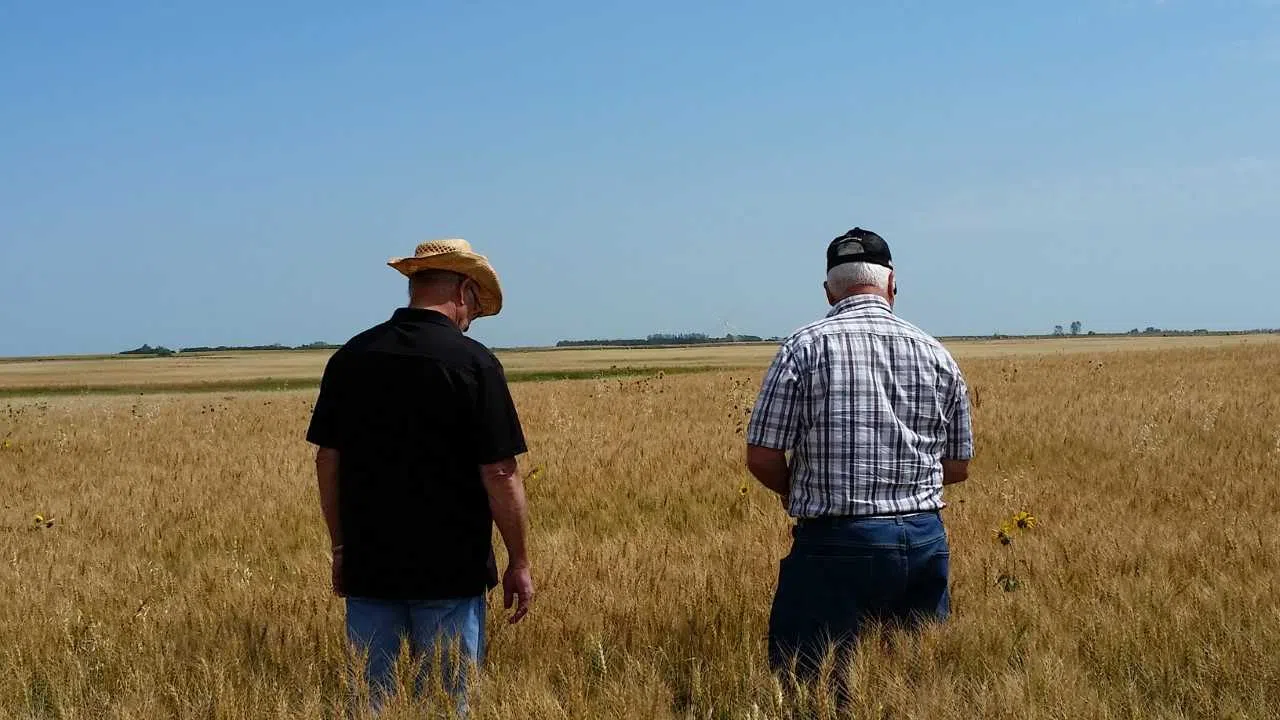
Sask. organic sector leading the country
The Canadian organic sector was responsible for more than $5.4 billion in retail sales in 2017, and much of that success can be traced back to Saskatchewan, according to Agriculture and Agri-Food Canada.
There are 824 certified organic farmers in Saskatchewan, and 29 per cent of all certified organic land in Canada is based in Saskatchewan.
Marla Carlson, Executive Director of SaskOrganics, said she is quite proud of what they have accomplished.
“When you compare us to non-organic farming in the province, we’re small but when you look at us in the context of the organic sector in Canada, we’re a significant player,” she said.


